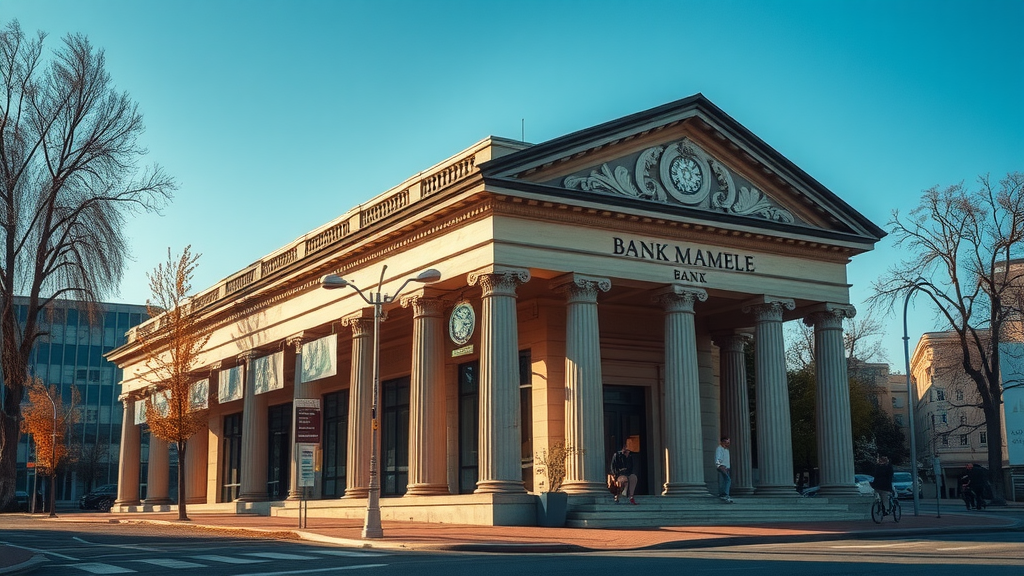Can I keep my savings during a consumer proposal?
consumer proposal, debt management, Ontario
In Canada, a consumer proposal lets you keep savings within certain limits while negotiating debt repayment. This plan helps settle debts without losing assets, including essential belongings. Simply ensure your savings don’t exceed provincial exemptions, and disclose financial details in your proposal.

Keep your savings safe with a consumer proposal in Canada.
Question
Can I keep my savings for a consumer proposal?
I’m keen on protecting my savings despite going through financial troubles. Is it possible to keep them intact while managing my debts? How does that play out in a consumer proposal?
From: Anonymous Question, Ontario (ON)
Debt Insiders Answer
In Canada, when you file a consumer proposal, you can definitely hold onto your savings, as long as they’re within certain limits. The main idea here is to create a repayment plan with your creditors without sacrificing your assets. This includes your savings and the essential stuff you own. The law actually allows you to keep a certain amount of money that isn’t counted when figuring out what might be sold off to pay debts. So, as long as your savings don’t go over the exemptions set by your province, you’re in the clear! Just be sure to lay out your financial details clearly in your proposal to stay on the right side of the rules.
From: Anonymous Question
Elimiate up to 80% of Your Debt
High cost of gas, high cost of groceries, high lending rates, low salary - being in debt is not your fault! See if you qualify for government debt programs and get out of debt today!
Office of the Superintendent of Bankrupty (OSB) Answer
Yes, you can keep some of your savings while going through a consumer proposal in Canada. Under the Bankruptcy and Insolvency Act (RSC 1985, c 11), you are allowed to retain certain exempt assets. Specifically, Regulation 2 of the Bankruptcy and Insolvency General Regulations outlines that individuals can retain savings up to a set limit, which can vary based on your province.
In a consumer proposal, you typically propose to pay your creditors a portion of your debts over a specified period, allowing you to keep your assets, including savings, as long as you adhere to the terms of the proposal. However, this will depend on the total amount of debts and your financial situation.
It is essential to discuss your specific circumstances with a licensed insolvency trustee, as they can provide detailed guidance based on the applicable exemptions and your financial profile as outlined in sections 67 and 68 of the Bankruptcy and Insolvency Act.
From: This answer is provided by scanning the OSB Bankruptcy & Insolvency Act and related directives
Related Questions
Here are the top 5 most frequently asked questions related to consumer proposals and savings, tailored for the Canadian context:
1. Can I use my savings to pay off a consumer proposal?
You can use your savings to pay off a consumer proposal, but it is generally advised to ensure the payments are affordable and aligned with your financial goals.
2. Do I need to include my savings in a consumer proposal?
You do not need to include your savings in a consumer proposal, as it focuses on restructuring your debt payments rather than liquidating your assets.
3. Will a consumer proposal affect my ability to save money?
A consumer proposal can impact your ability to save money in the short term due to the fixed monthly payments, but it helps in managing debt and potentially freeing up more money in the long term.
4. Can I keep my emergency savings during a consumer proposal?
Yes, you can keep your emergency savings during a consumer proposal, as the process is designed to help you manage debt without necessarily depleting your emergency funds.
5. How does a consumer proposal impact my long-term savings goals?
A consumer proposal can help you achieve long-term savings goals by reducing your debt burden and freeing up more money for savings once the proposal is completed.
References
| Title, Source |
|---|
| Understanding Consumer Proposals, Government of Canada |
| What Happens to Your Assets in a Consumer Proposal?, Canadian Insolvency Professionals |
| Guidelines on Consumer Proposals, Office of the Superintendent of Bankruptcy Canada |
| Bankruptcy and Insolvency Act (R.S.C., 1985, c. B-3), Government of Canada |
Table of article references
Eliminate up to 80% of Your Debt
High cost of gas, high cost of groceries, high lending rates, low salary - being in debt is not your fault! See if you qualify for government debt programs and get out of debt today!